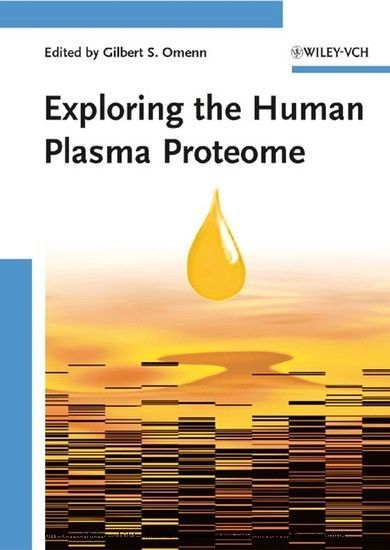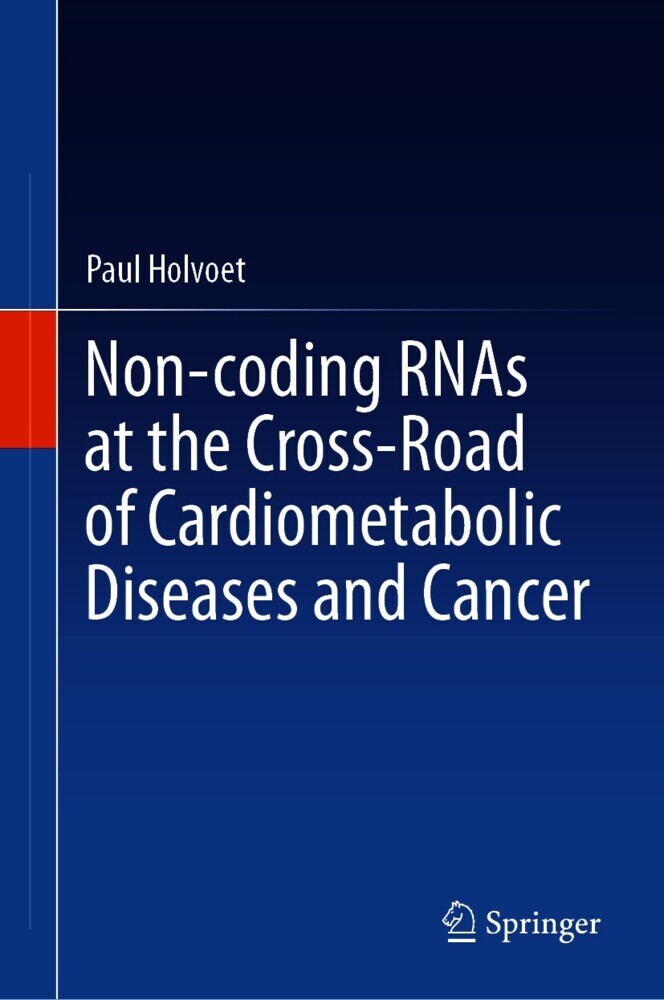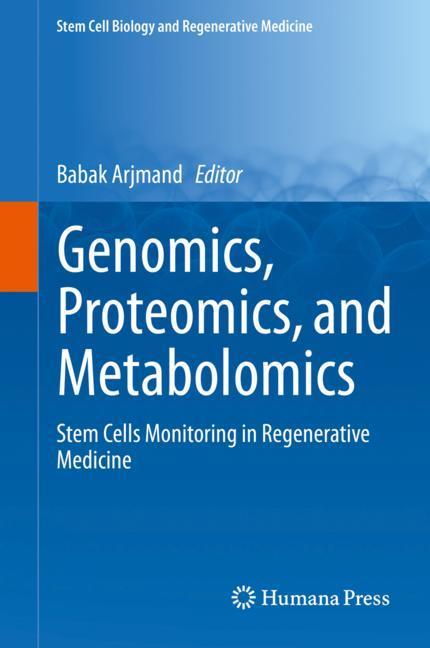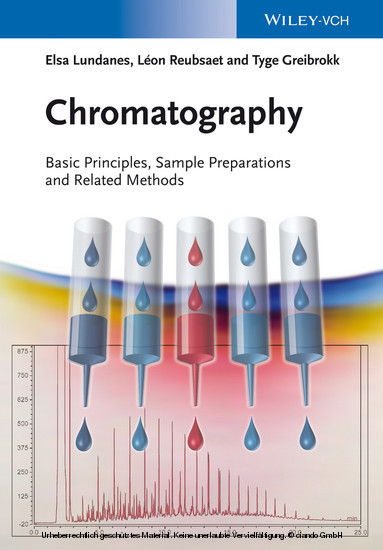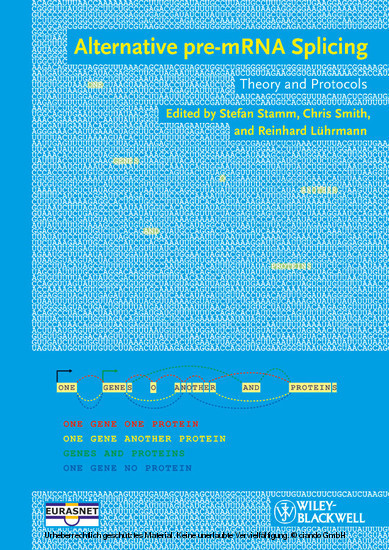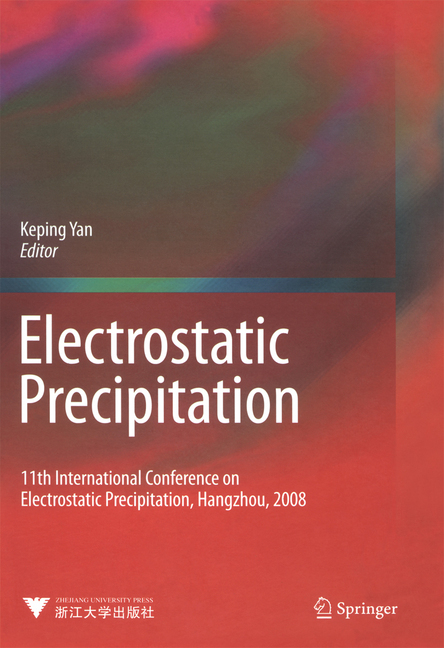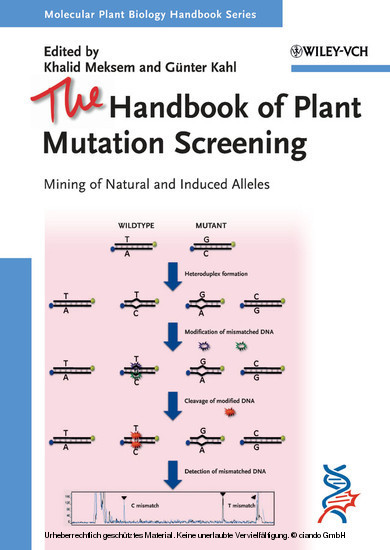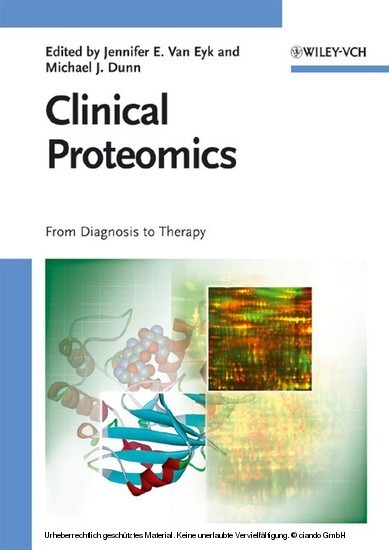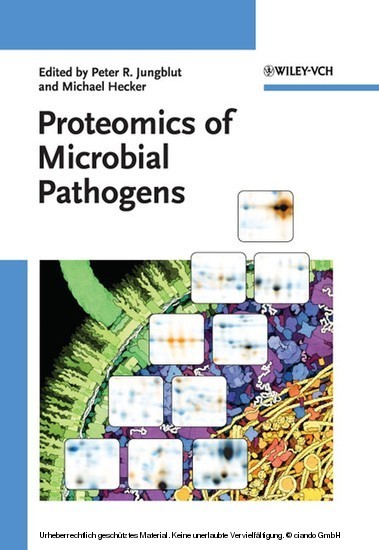Exploring the Human Plasma Proteome
Exploring the Human Plasma Proteome
On the cutting edge of medical diagnostics, plasma proteomics promises to generate a new wave of technologies to help identify many different diseases and disease risks.
Plasma and serum are the preferred non-invasive specimens to test normal individuals, at-risk groups, and patients for protein biomarkers discovered and validated to reflect physiological, pathological, and pharmacological phenotypes. These specimens present enormous challenges due to extreme complexity, huge dynamic range in protein concentrations, non-standardized methods of sample processing, and intra- and inter-individual variation from genetics, diet, smoking, hormones, and other sources. This book presents the major findings from the collaborative Plasma Proteome Project organized by the international Human Proteome Organization (HUPO). The chapters are drawn from a larger set of publications in the journal PROTEOMICS. This book provides a valuable foundation for development and applications of proteomics.
Gilbert S. Omenn is Professor of Internal Medicine, Human Genetics, and Public Health and director of the Center for Computational Medicine and Biology at the University of Michigan. Since 2002 he has led the international Human Proteome Organization (HUPO) Human Plasma Proteome Project and the Michigan Proteomics Alliance for Cancer Research. Omenn is the author of 425 research papers and scientific reviews and author/editor of 18 books. A longtime director of Amgen, Inc, and of Rohm & Haas Company, he chaired the Presidential/Congressional Commission on Risk Assessment and Risk Management ('Omenn Commission') and the NAS/NRC/IOM Committee on Science, Engineering and Public Policy, and served as president of the American Association for the Advancement of Science (AAAS).
Plasma and serum are the preferred non-invasive specimens to test normal individuals, at-risk groups, and patients for protein biomarkers discovered and validated to reflect physiological, pathological, and pharmacological phenotypes. These specimens present enormous challenges due to extreme complexity, huge dynamic range in protein concentrations, non-standardized methods of sample processing, and intra- and inter-individual variation from genetics, diet, smoking, hormones, and other sources. This book presents the major findings from the collaborative Plasma Proteome Project organized by the international Human Proteome Organization (HUPO). The chapters are drawn from a larger set of publications in the journal PROTEOMICS. This book provides a valuable foundation for development and applications of proteomics.
Gilbert S. Omenn is Professor of Internal Medicine, Human Genetics, and Public Health and director of the Center for Computational Medicine and Biology at the University of Michigan. Since 2002 he has led the international Human Proteome Organization (HUPO) Human Plasma Proteome Project and the Michigan Proteomics Alliance for Cancer Research. Omenn is the author of 425 research papers and scientific reviews and author/editor of 18 books. A longtime director of Amgen, Inc, and of Rohm & Haas Company, he chaired the Presidential/Congressional Commission on Risk Assessment and Risk Management ('Omenn Commission') and the NAS/NRC/IOM Committee on Science, Engineering and Public Policy, and served as president of the American Association for the Advancement of Science (AAAS).
Omenn, Gilbert S.
| ISBN | 9783527609420 |
|---|---|
| Artikelnummer | 9783527609420 |
| Medientyp | E-Book - PDF |
| Copyrightjahr | 2006 |
| Verlag | Wiley-Blackwell |
| Umfang | 394 Seiten |
| Sprache | Englisch |
| Kopierschutz | Adobe DRM |

